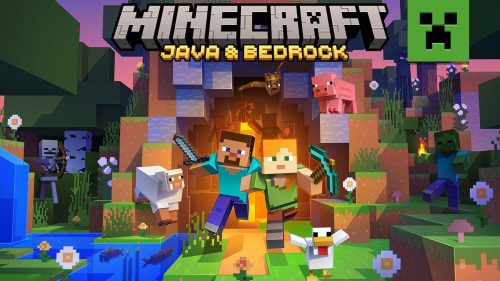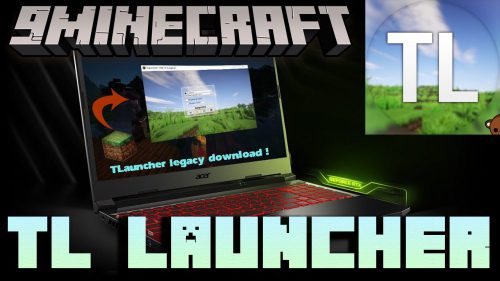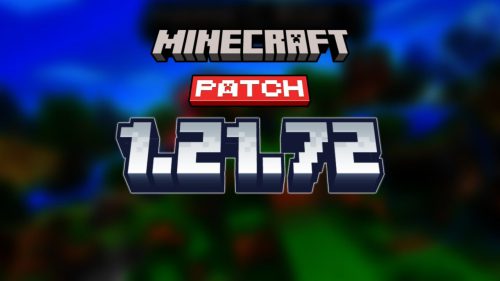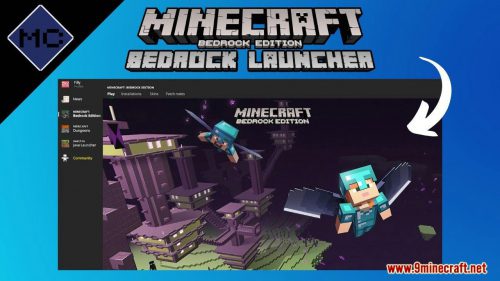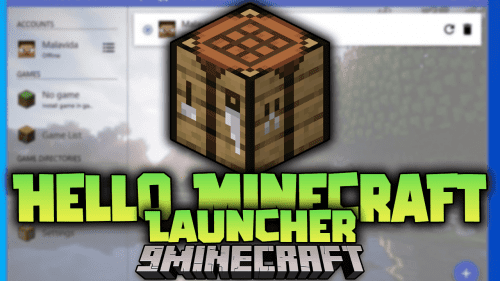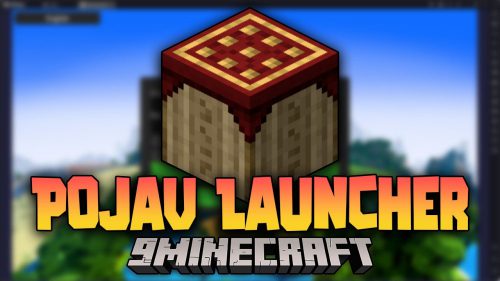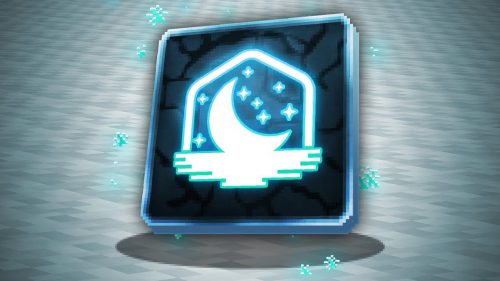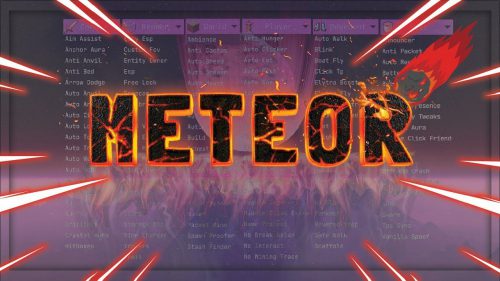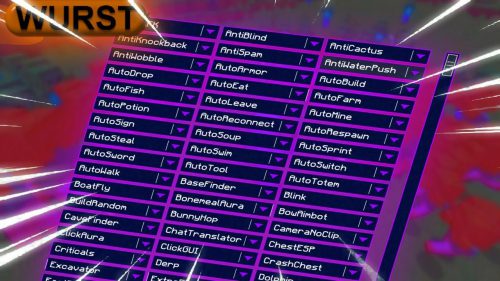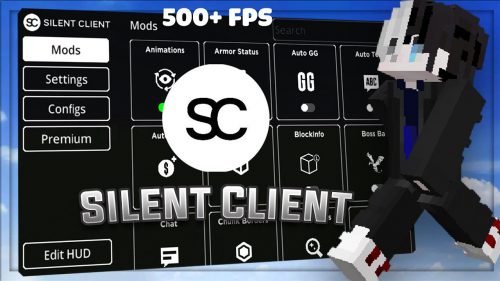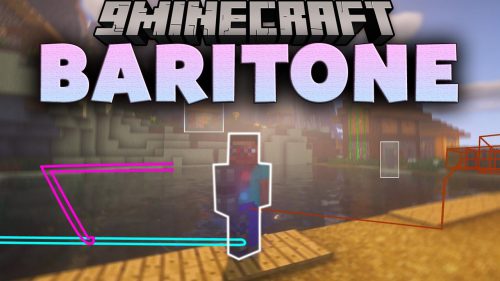Cold Ocean Biome – Wiki Guide
This Minecraft tutorial explains the Cold Ocean biome with screenshots.
In Minecraft, you will spawn into worlds with unique weather, animals, and plants. These regions are known as biomes. Let’s explore the Cold Ocean biome in Minecraft.
Background
In Minecraft, the Cold Ocean is a biome in the Overworld. It is a water world with a shallower cold ocean. In this biome, there is lots of underwater vegetation and a few cod or salmon swimming around.
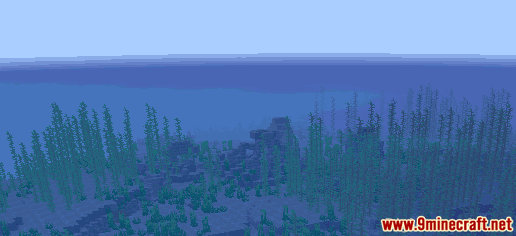
Let’s explore the characteristics of the Cold Ocean biome.
Weather
The Cold Ocean biome is under water, so weather does not apply.
Trees
There are no trees in the Cold Ocean biome.
Vegetation
The vegetation found in the Cold Ocean biome consists of seagrass and kelp growing in the water:
| Item | Description |
|---|---|
 |
Seagrass |
 |
Kelp |
Blocks
In this biome, you will find blocks such as gravel, sand, and dirt:
| Item | Description |
|---|---|
 |
Gravel |
 |
Sand |
 |
Dirt |
Other Standard Blocks
If you dig down far enough in the Cold Ocean biome, you will find the standard Minecraft building blocks such as stone, coal ore, iron ore, gold ore, diamond ore, redstone ore, copper ore:







Mobs
In the Cold Ocean biome, you can find wildlife such as cod, salmon, and squid swimming in the water:
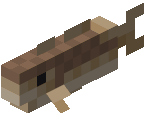
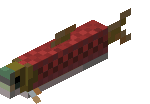
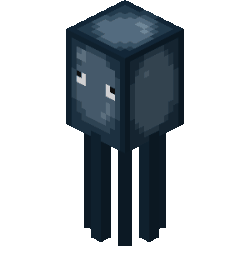
TIP: When you are exploring the Cold Ocean biome, it is handy to have a Potion of Water Breathing.
Biome ID for Cold Ocean
Minecraft Java Edition (PC/Mac)
In Minecraft, the Cold Ocean biome has the following Minecraft ID values:
| Minecraft ID | Dimension | Platform | Version(s) |
|---|---|---|---|
| minecraft:cold_ |
Overworld | |
1.16 – 1.19.2 |
See a complete list of Biome IDs that is interactive and searchable.
- Minecraft ID is the biome’s Internal ID that is used in game commands such as /locatebiome command.
- Dimension is the dimension that the biome can be found (such as the Overworld, Nether, or End).
- Platform is the platform that applies.
- Version(s) is the Minecraft version numbers that the Minecraft ID is valid for.
Cold Ocean Seeds
You can use a seed to create a world where you spawn in a Cold Ocean biome:
Cold Ocean Seeds (Java Edition)

